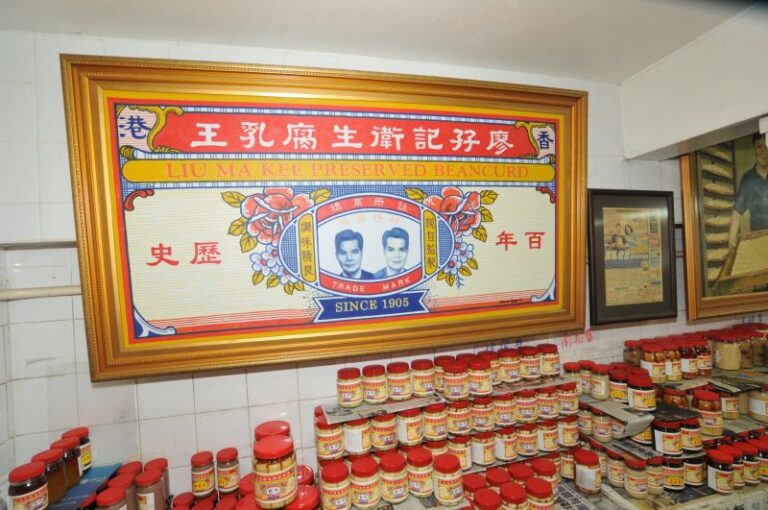Do Hong Kong Food Safety laws have a bean curd loophole or is the Liu Ma Kee case a compliance issue?
By HK Lawyer AJ Halkes Barrister-at-Law

Recently a local seller (Liu Ma Kee : established over a century ago and apparently now suddenly shut) was in the news for importing fermented bean curd. This led to claims of loopholes where the rules and regulations concerning the licensing of food businesses in Hong Kong are extensive. The Centre For Food Safety said:
“ despite previous instructions to the manufacturer, the result of the follow-up sample has remained unsatisfactory. The CFS has informed the vendor concerned of the irregularity and has instructed the vendor to stop sales and to remove from shelves the affected batch of the product.”
The business may or may not have followed specific rules and laws but this does not mean there are loopholes, the terms used are unclear with “manufacturer” or “producer” being rather loosely used. Establishing a food factory is a licensed process and any food-handling establishment can be regulated by the Food and Environmental Hygiene Department; where components or ingredients are being imported for later packaging or handling the food factory involved must still comply with all legislation.
If fermented bean curd is imported for “repackaging” via a process quoted as being “a secret in the fermented bean curd industry in Hong Kong” this is usually food handling that falls under food business regulations; but in a twist the main food component itself was seemingly not “produced” in Hong Kong as reported by the Standard:
“The Centre for Food Safety said its officers had found that Liu Ma Kee did not produce fermented bean curd, but only repackaged it after adding seasoning.”
Hong Kong has always been a city where with a bit of effort and enterprise anyone can start a business, including those in the food industry and our street markets, night market stalls and iconic “heritage” brands which have been a staple of our landscape for decades.
When talking about loopholes we must always drill down and fact find; if they exist we then need to consider if there are effective, safe and business friendly solutions that meet market needs and if not we need to get a permissive and regulated solution put in place fast.
For more details, check out these articles:
https://lnkd.in/gPpTvcnu
https://lnkd.in/gHsqQSfb
Photo: Facebook, via Liu Ma Kee.
